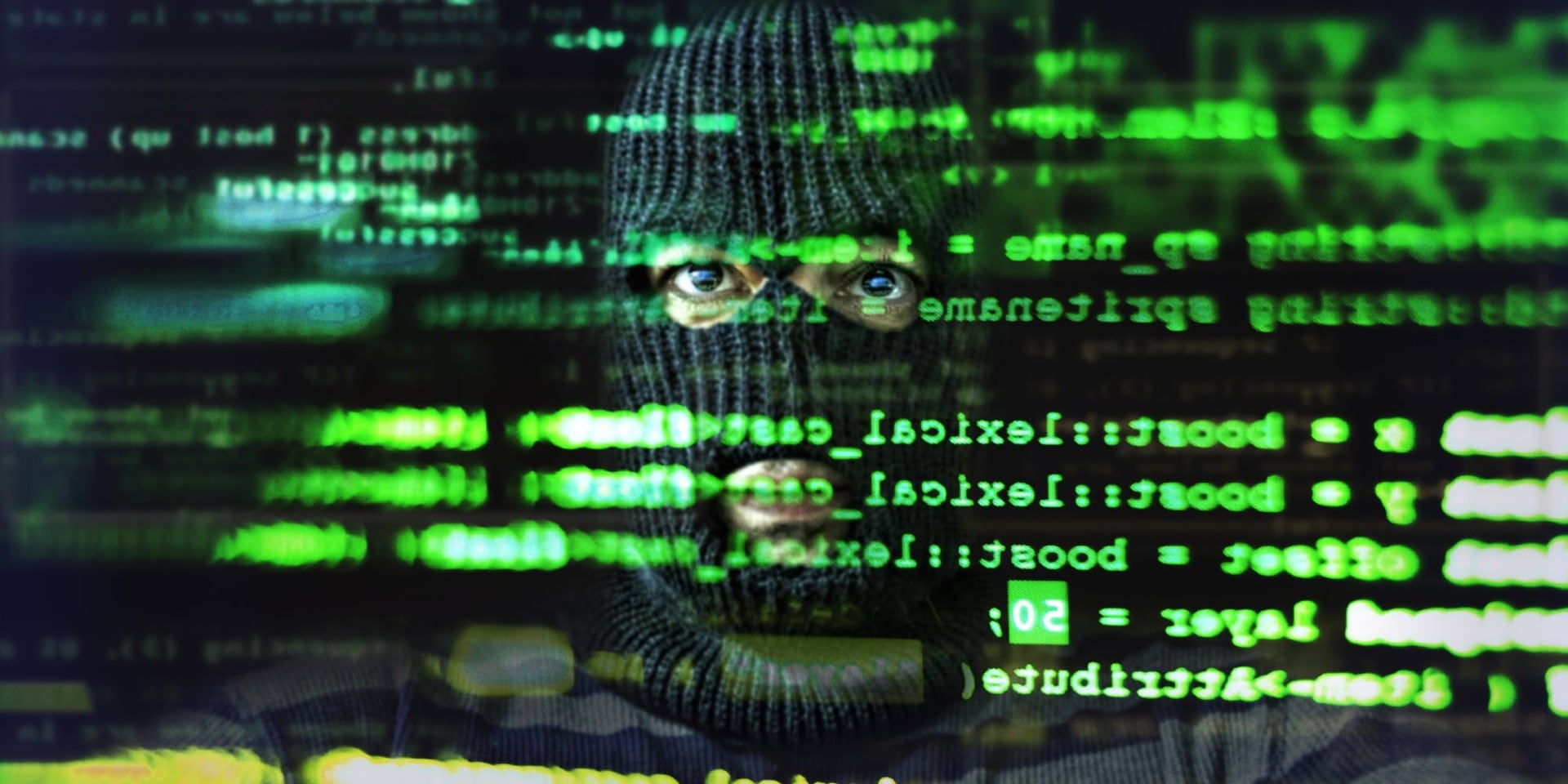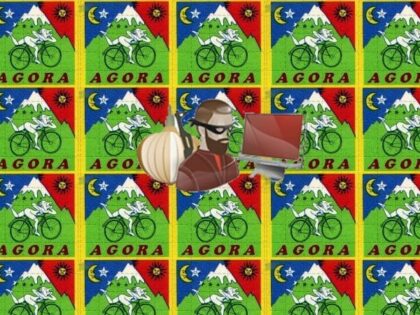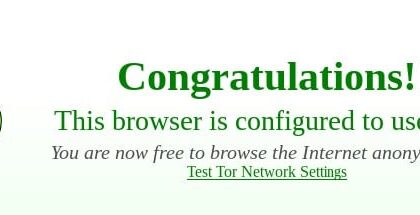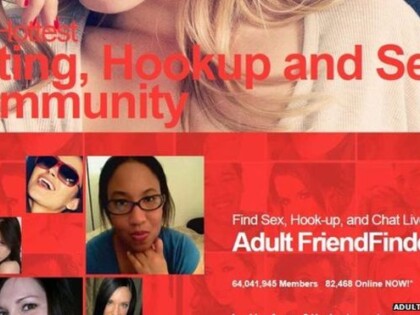
The first ever e-commerce transaction, conducted by students from Stanford and MIT in the early 1970s, involved the sale of a small quantity of marijuana. For decades afterwards, the online drugs trade was severely constrained by the ability of law enforcement to track IP addresses and the means of payment. The trickle of transactions threatened to become a flood with the emergence a few years ago of Silk Road, a drug-dealing site on the “dark net”. These e-depths cannot be reached through a normal browser but only with anonymising software called Tor. Buyers and sellers transact there pseudonymously in bitcoin.
Vendors vary in size: the largest turn over several million dollars a month on a single site, the smallest a few hundred. They pay a fee to register and a commission per transaction, typically 3-6%. Buyers come from all over the world. Their purchases are sent by post—the vast majority appear to arrive undetected. Customer satisfaction is high.
Illegal and prescription drugs are the largest product category. (Some sellers are crooked pharmacists.) Silk Road 2.0, whose operators were avowedly libertarian, focused almost exclusively on weed, powders and pills. Agora, whose mascot was an armed bandit, sold weapons, too. They were marketed mostly to Europeans, who face strict gun-control laws.
For drug buyers, online markets offer several advantages. They are less physically dangerous than street trades. This goes for dealers, too: a recent study found that a third or more of sales on Silk Road were to “a new breed of retail drug dealer”, a transformation of the wholesale market that “should reduce violence, intimidation and terror.”
Product quality is higher, largely thanks to an Amazon-like five-star customer-review system. With 29 reviews for the average listing on Silk Road 2.0, a high score provides reassurance. MDMA (or ecstasy) is particularly popular on the site, presumably because the street version can be laced with lethal impurities. The dark net’s hundreds of forums provide further intelligence on dodgy gear and scammers. The FBI made over 100 purchases on Silk Road before closing it down. An agent testified that these showed “high purity levels”.
High ratings are sellers’ lifeblood. Reputation is crucial when clients know they cannot fall back on small-claims courts or arbitration. “It’s the ultimate irony: a den of thieves who don’t know each other but need to trust each other,” says a researcher with the DCA.
As drug sales move online, power is shifting to buyers. The big markets’ customer service and marketing strategies increasingly resemble those of legitimate retailers. They are quick to apologise for technical glitches. Two-for-one specials, loyalty discounts and promotional campaigns are common (on Smoke Weed Day, say). Other methods borrowed from the corporate world include mission statements, terms and conditions, and money-back guarantees. “It has become so prosaic it could be shoes,” says James Martin, author of “Drugs on the Dark Net”.
Markets are also innovating to cut fraud. In the free-for-all in the months after Silk Road’s closure, thousands of buyers lost bitcoins that were supposedly held in escrow, either because markets were hacked or because their administrators ran off with the money. The emerging solution is “multi-signature” escrow, from where funds can be moved only with the approval of a least two of the three interested parties (buyer, seller and market). Some markets are trying to build a community of trusted buyers and sellers with invitation-only participation. Those whose customers had bitcoins stolen have begun to devise schemes to make them whole.
Sites that specialise in stolen card data display their own brand of customer-friendliness. Some offer a service that allows buyers to verify purchased cards are still active, using compromised merchant accounts. The client’s balance is automatically refunded the value of cards that are declined. (Cards sell for anywhere from $10 to $100 each.) Others batch their cards for sale according to the location of the hacked retailer. Buyers favour cards stolen from consumers who live nearby because banks often treat transactions as suspicious if they take place far from the legitimate cardholder’s home address. A site that has pioneered this segmentation is McDumpals. Its logo features a gun-toting Ronald McDonald and its motto is “I’m Swipin’ It”.
Several factors make life hard for those looking to crack down on the dark net, including its technical complexity, the physical separation of buyers and sellers, and their mobility (vendors typically post on more than one market, allowing them to keep selling if a site goes offline).
Moreover, the deep web’s denizens will continue to adapt. Jamie Bartlett, author of “The Dark Net”, predicts: “The future of these markets is not centralised sites like Silk Road 2.0, but sites where…listings, messaging, payment and feedback are all separated, controlled by no central party”—and thus impossible to close.







